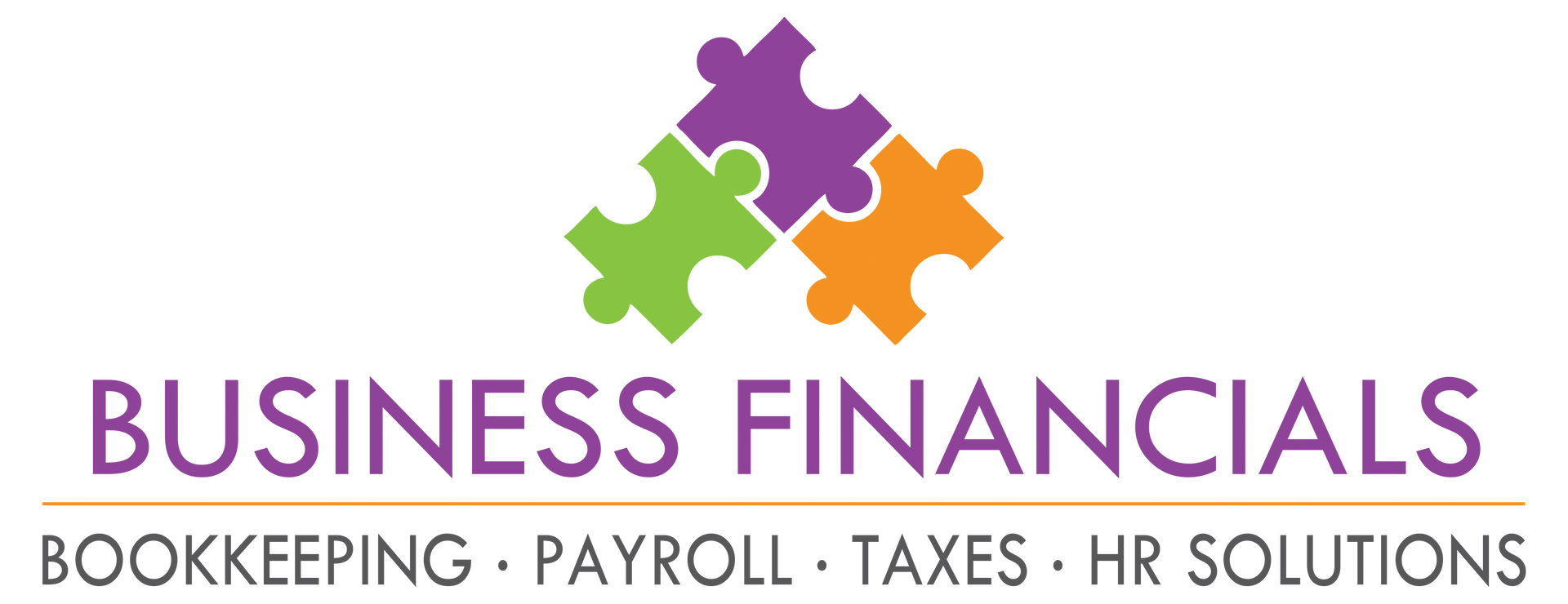Hiring an Accountant? Here's What You Need to Know!
Hiring an accountant is a crucial decision for any individual or business. Whether you're managing personal finances or steering the financial ship of a company, having the right accountant on your team can make all the difference. But with so many options out there, how do you choose the right one? Let's explore some key factors to consider when hiring an accountant:
- Qualifications and Credentials: Look for an accountant who is qualified and certified. This ensures they have the necessary skills and expertise to handle your financial matters effectively. Check if they are a certified public accountant (CPA) or belong to professional accounting bodies.
- Experience and Expertise: Consider the accountant's experience in your industry or specific financial needs. An accountant with relevant experience will better understand your challenges and provide tailored solutions to meet your goals.
- Reputation and References: Do some research to gauge the accountant's reputation in the industry. Read reviews, ask for references, and seek recommendations from trusted sources. A good reputation is a strong indicator of reliability and trustworthiness.
- Communication and Accessibility: Effective communication is key to a successful accountant-client relationship. Ensure the accountant is responsive, accessible, and able to explain complex financial concepts in simple terms. Clear communication fosters transparency and helps avoid misunderstandings.
- Compatibility and Personal Fit: It's essential to find an accountant whose personality and working style align with yours. You'll be working closely with them, so it's crucial to feel comfortable and confident in their abilities. Trust your instincts and choose someone you can build a positive rapport with.
- Services Offered: Consider the range of services offered by the accountant and whether they align with your needs. Some accountants specialize in tax preparation, while others offer broader financial advisory services. Choose an accountant who can provide the specific services you require.
- Technology and Tools: In today's digital age, technology plays a significant role in accounting processes. Ensure the accountant utilizes modern tools and software to streamline financial management and enhance efficiency. This ensures your financial data is handled securely and accurately.
- Fees and Billing Structure: Discuss the accountant's fee structure upfront to avoid any surprises later on. Some accountants charge hourly rates, while others offer fixed fees or retainer agreements. Choose a billing structure that suits your budget and financial preferences.
- Client Support and Follow-Up: A good accountant doesn't just crunch numbers; they also provide ongoing support and guidance to help you achieve your financial goals. Look for an accountant who is proactive in offering advice, conducting regular reviews, and staying updated on relevant changes in tax laws and regulations.
- Gut Feeling: Finally, trust your intuition. If something doesn't feel right or if you have doubts about a particular accountant, it's okay to keep looking. Hiring an accountant is a significant decision, so take your time and choose wisely.
In conclusion, hiring the right accountant is a crucial step towards achieving financial success and peace of mind. By considering these key factors, you can make an informed decision and find the perfect accountant to support your financial journey. Happy accounting!
THIS ARTICLE IS FOR GENERAL INFORMATION PURPOSES ONLY. BUSINESS FINANCIALS, INC. (BFI) IS NOT ISSUING SPECIFIC FINANCIAL OR TAX ADVICE. PLEASE CONSULT WITH A LICENSED FINANCIAL PLANNER, TAX ATTORNEY, OR ACCOUNTANT FOR ASSISTANCE WITH YOUR SPECIFIC SITUATION. IF YOU NEED HELP, WE INVITE YOU TO CONTACT US. WE WILL BE HAPPY TO MAKE RECOMMENDATIONS OR REFER YOU TO A LICENSED PROVIDER WHO MAY BE BEST SUITED FOR YOUR SITUATION.
Sources:
How to hire an accountant: here’s what you should look for (edmunds.com.au)





